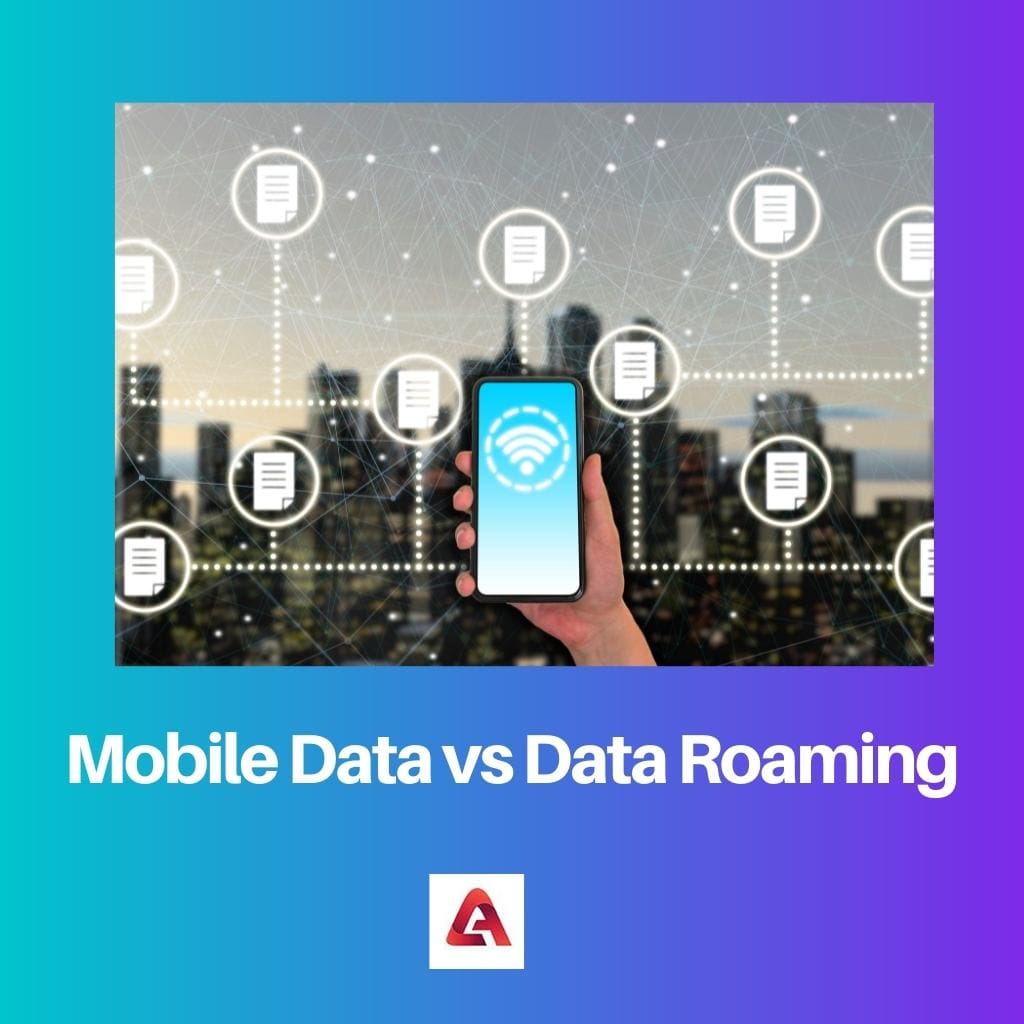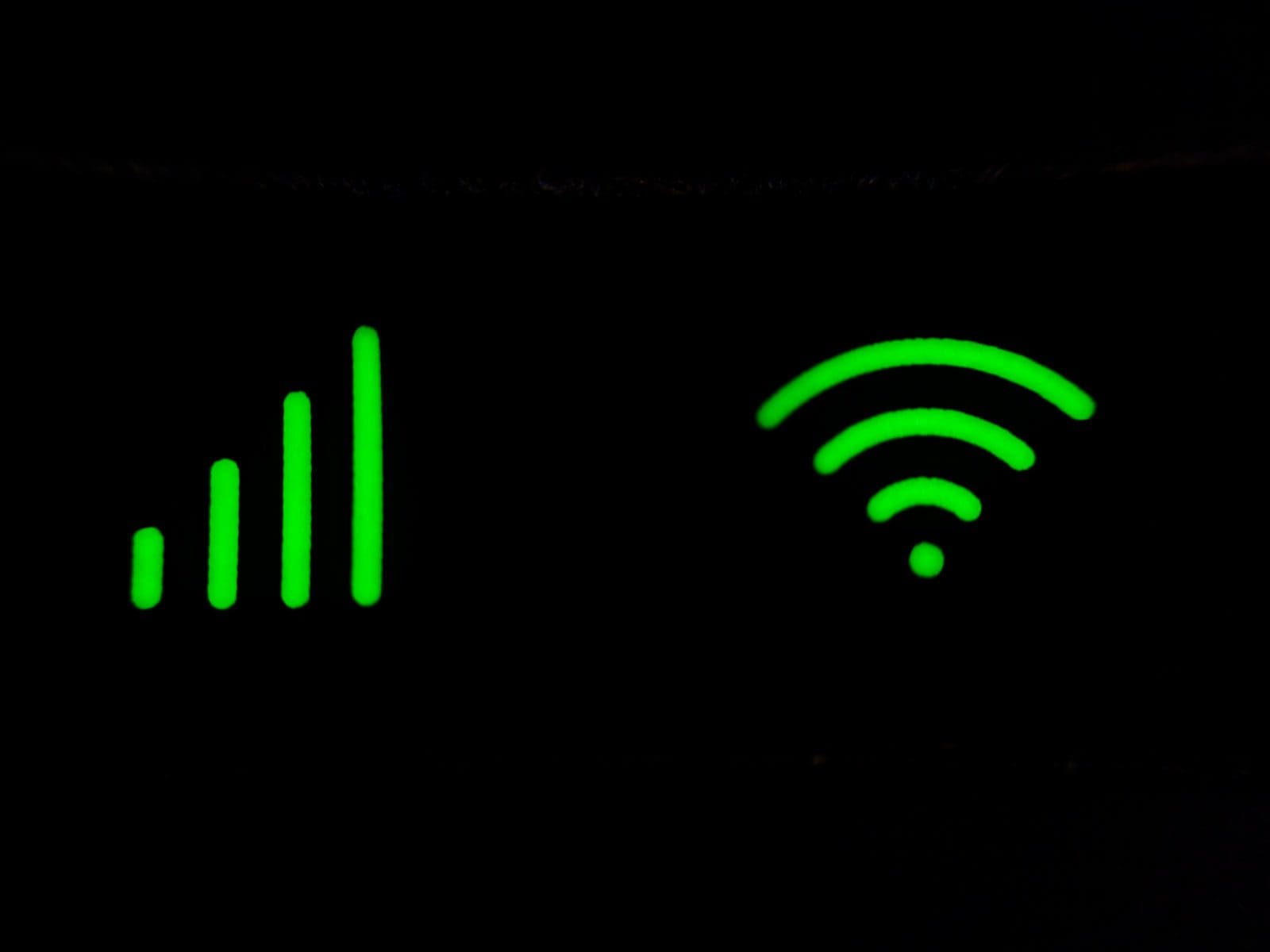Technology has evolved from its beginning televisions was enclosed in wooden boxes with the smallest screen. The worst audio quality evolved into the best smart televisions with the highest quality screen.
Similarly, mobile phones have evolved a lot. At first, telephones came out that were only usable when connected to telephone wires, then came the handheld telephones called cordless, powered by the same type of technology: the telephone wires.
The whole concept was restructured when the Sim (subscriber identity module) was invented. That helped develop mobile phones’ formation with a sim and a personal contact number.
Sims power all phones and have evolved from 2G to the latest 5G module network; many brands that provide sims compete to develop a monopoly by giving users benefits and offers.
Many terms originated, like mobile data and data roaming, which confused the users.
Key Takeaways
- Mobile data is a service that enables the user to access the internet, send and receive messages, and make phone calls using their mobile phone without a Wi-Fi connection.
- Data roaming is a service that allows a user to use their mobile data plan while travelling abroad and access the internet, send and receive messages, and make phone calls.
- Data roaming charges can be significantly higher than mobile data charges, as they are subject to additional fees imposed by the roaming network operator.
Mobile Data vs. Data Roaming
Mobile data is a service provided by a mobile carrier for accessing the internet within the carrier’s coverage area. Data roaming is a service that permits access to the internet when traveling outside of the carrier’s coverage area, at a higher fee.

Comparison Table
| Parameters of Comparison | Mobile Data | Data Roaming |
|---|---|---|
| Meaning | It is also known as a subscription-based connection where one can use the mobile data internet if WIFI is unavailable, which can only be accessed using SIM. | It is defined as when the user is accessing the internet and not being connected in your city but using it in national or international boundaries where towers are available, leading to higher data charges. |
| Tower Connection | When using mobile data in your city, the user uses the network from the sim provider. | When using data roaming or connecting to the network, the user uses the network not owned by the sim provider company but by other towers leading to extra charges. |
| Data Charges | A considerable amount of money must be paid if the user opts for the mobile network option; the sim used for calling and SMS is very low. | A hefty number of charges can be levied on the user if the mobile data is used while roaming. |
| Access | If the user turns the mobile data on or off, they can access the internet, but it won’t affect the cellular connection to receive calls. | If data roaming is turned off, then the mobile restricts connecting to a new network which can cause some problems in terms of range. |
| Extensions | Mobile data comes in many forms, like 4G, 3G, 2G, and LTE. The higher the number, the better the connection. | Data roaming does not have extensions. It uses the same network subscribed earlier, just at a higher cost. |
What is Mobile Data?
If the WIFI is not available to many people outside their homes, they should subscribe to mobile data to access the internet outside the home Wi-Fi zone, which requires a sim. Mobile data is critical to many users, but it is limited by Giga Bytes and is used continuously so the user can toggle it on or off.
Moreover, Mobile data allows the user to access the hotspot, meaning the user can share their network with other users or the devices like laptops making the phone work as a router. Many devices are manufactured with a sim port, like a laptop, which can only access the internet, not call.
While using mobile data, the user gets connected to the most nearby network tower to get internet access. Mobile data comes in different forms 2G, 3G, 4G, LTE, and the latest 5G, which is not available in many countries but shows the highest internet speed.

What is Data Roaming?
As the word suggests, the person is roaming while accessing the internet within national or international boundaries. The person can access the network outside their sim registered place by paying the extra amount levied at the end of the month.
When the person is under data roaming, they directly use the connection from another network provider, which costs more money. Still, the company should have a tie-up with the provider.
They can avoid roaming by toggling the on or off button that cuts roaming, which weakens the connection and range, as the person using a particular network might not be in the range. With the increasing use, the companies have emphasized installing more towers many times; a giant tower might be installed in a village or a small town shared by a few companies.
Data roaming was a problem when many towers didn’t exist, but now the network is not a problem due to evolved technology.

Main Differences Between Mobile Data and Data Roaming
- Data roaming means that the person subscribed to the mobile data can use the network while traveling out of the boundaries as the towers from other subscribers. In contrast, mobile data is when the user can access the internet if Wi-Fi is unavailable.
- Using a sim is minimal, but if the user wants to access mobile data, that has to be subscribed, costing more money, whereas if the network is accessed outside boundaries, it can cost more.
- If the mobile data is turned off, internet access is disconnected, but the sim will work for calls and SMS. In contrast, if the data roaming is turned off, the connection will become slow as the user disconnects from other towers.
- The best the user chooses from 2G, 3G, or 4G, the best the user gets in terms of faster loading and sound connection, whereas if data roaming is turned off, the network becomes weak as the user doesn’t take the best while connecting to towers.
- If the user is using mobile data within the country, then the towers set up by the company are used to get range. In contrast, if the person travels internationally, it is called roaming, leading to connecting to international towers and extra charges.



